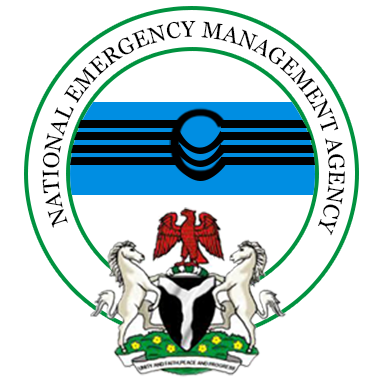
We are living witnesses to various crises in the country, especially triggered by ethno-religious conflicts and socio-political sentiments which could have been prevented through crisis communication strategies.
At a recent training workshop organised by the Federal Ministry of Information and Culture, it was discovered that there is no way one can talk about crisis communication without discussing crisis management. They are intertwined towards achieving positive results in managing crises.
Crisis communication is a sub-specialty of the public relations profession that is designed to protect and defend an individual, company, organisation or community facing a public challenge to its reputation.
According to a communication scholar, Timothy Coombs, a crisis is the perception of an unpredictable event that threatens important expectancies of stakeholders and can seriously impact an organisation’s performance and generate a negative outcome.
Therefore, crisis communication is the collection, processing and dissemination of information that is required to address crisis situations.
Meanwhile, crisis management is the application of strategies designed to help an organisation to deal with a sudden and significant negative event.
A crisis can occur as a result of an unpredictable event or as an unforeseeable consequence of some event what had been considered a potential risk. Through adequate public relations strategies, each crisis can be adequately managed.
As is widely known PR is a management function anticipates, analyzes and interprets public opinion, attitudes, and issues which might impact on the goodwill and operations of an organisation.
It also establishes and maintains mutually beneficial relationships between an organisation and public on whom its success or failure depends.
Some naturally-induced disasters like the Tsunami flood that ravaged homes and properties in Indonesia and Hurricane Katrina in the United States of America were tackled and managed by both crisis managers and communicators.
Similarly, Nigeria to some extent has experienced and managed floods in many states of the federation.
Through the National Emergency Management Agency (NEMA) and relevant stakeholders, the Federal Government has continued to address the recurrent heavy flooding, especially in riverine areas of Kogi, Anambra, Rivers, Bayelsa amongst others.
There were a lot of relief materials sent to the affected states to cushion the effect or damage caused by the flood.
The Federal Government employed the services of public relations officers, media experts; information officers etc to conscientize and sensitize the affected communities within the state to move from flood-prone areas to higher ground areas in order to be safe.
The farmers and herders attack crisis in Nigeria has posed a threat to our national security as a nation, a lot of people have also been displaced from their homes and livelihood.
This also brought the attention of the government to institute committees involving public relations officers, media experts, relevant stakeholders, the security agencies amongst others to cushion the crisis to a halt.
Recently, a communal crisis erupted in Kaduna State that took the nation to a shock, a lot of people majorly foreigners that came for business purposes lost their lives, houses were burnt down even a community chief and his followers were killed after given a situational report on the crisis to the state governor.
The governor in a rapid respond has directed all relevant security agencies, media experts, public relations officers etc to calm the situation in order to avert any reprisal attack.
In addressing crisis management, public relations practitioners played a variable key function in crisis communication to the affected area which includes organising press briefing and press conferences, promotes and maintains good cordial relationship with the media and the people, arrange media tours and visitation to affected communities, issues press release and articles, engage in social media activities and monitors media content on related issues amongst others.
Likewise, credit should be given to the role of media in addressing crisis management which promotes the public awareness on the subject matter to the knowledge of the public, they shape public opinion on crisis management through their medium and equally set agenda for further discussion to address the matter, thereby influencing decision makers for rapid respond to relevant stakeholders to cushion the crisis as well as support for the mobilization of resources and other relief material for the affected victims.
It would be wise setting up a team of senior executive officers of the public relation personnel. They should be identified to serve as the organisation or institution’s crisis management team.
Ideally, the organisation chief executive officer will lead the team with the institutions to public relations executive, security agencies and other relevant stakeholders that manage the crisis.
Also, the public relations officer will be in the lead of intelligent gathering of reports which is an essential component of both crisis prevention and crisis response.
In conclusion, every organisation, society, Nation or even country is vulnerable to the crisis at any point in time, therefore the need for effective and efficient crisis communication and crisis management team should be very proactive to address the situation before its get escalated or snowball into an unimaginable proportion.
In view of the above, therefore, the government at all levels, should devise and sustain crisis communication strategies by training its information officers on required skills to manage crisis through intelligence gathering, proactive approaches, and information management.
As a teamwork, crisis communication is effective through synergy and collaboration of relevant stakeholders.
Since crisis is something that can happen at any point in time, concerted efforts should be made by organisations in funding, equipping and empowering information officers and public relations officers to think ahead and do research in order to avert unforeseen circumstance or crisis.
Hasiya Haruna Wakili and Agurue Anthony wrote from Federal Ministry of Information and Culture, Abuja.
END

Be the first to comment